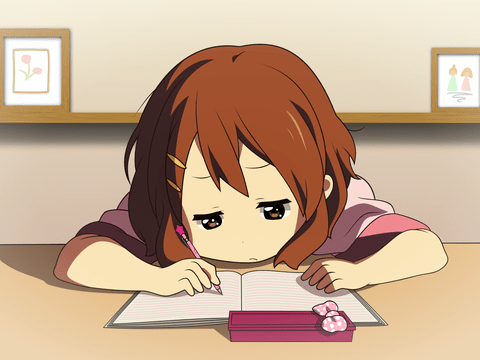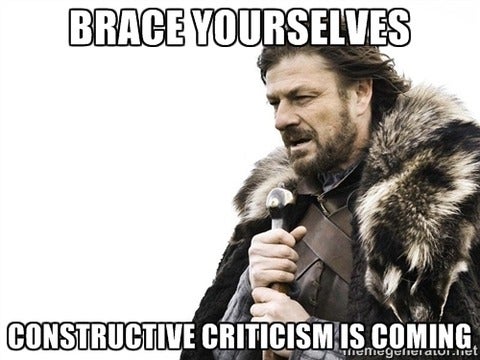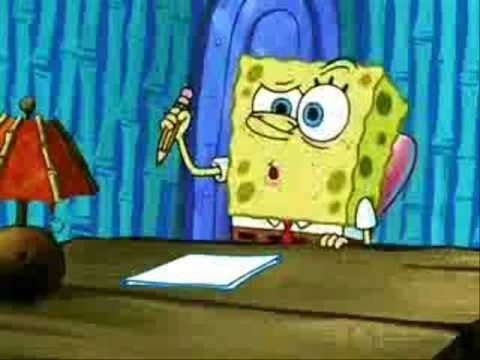Tips on how to choose an assignment topic
When a professor announces a new assignment and tells the class that you will all have to pick a topic to write about, you might feel lost and wish they had simply given you a list to choose from. In academic settings, we’re used to structured assignments where we are told what to do, so when it’s left up to us to decide, we will often have questions like:









